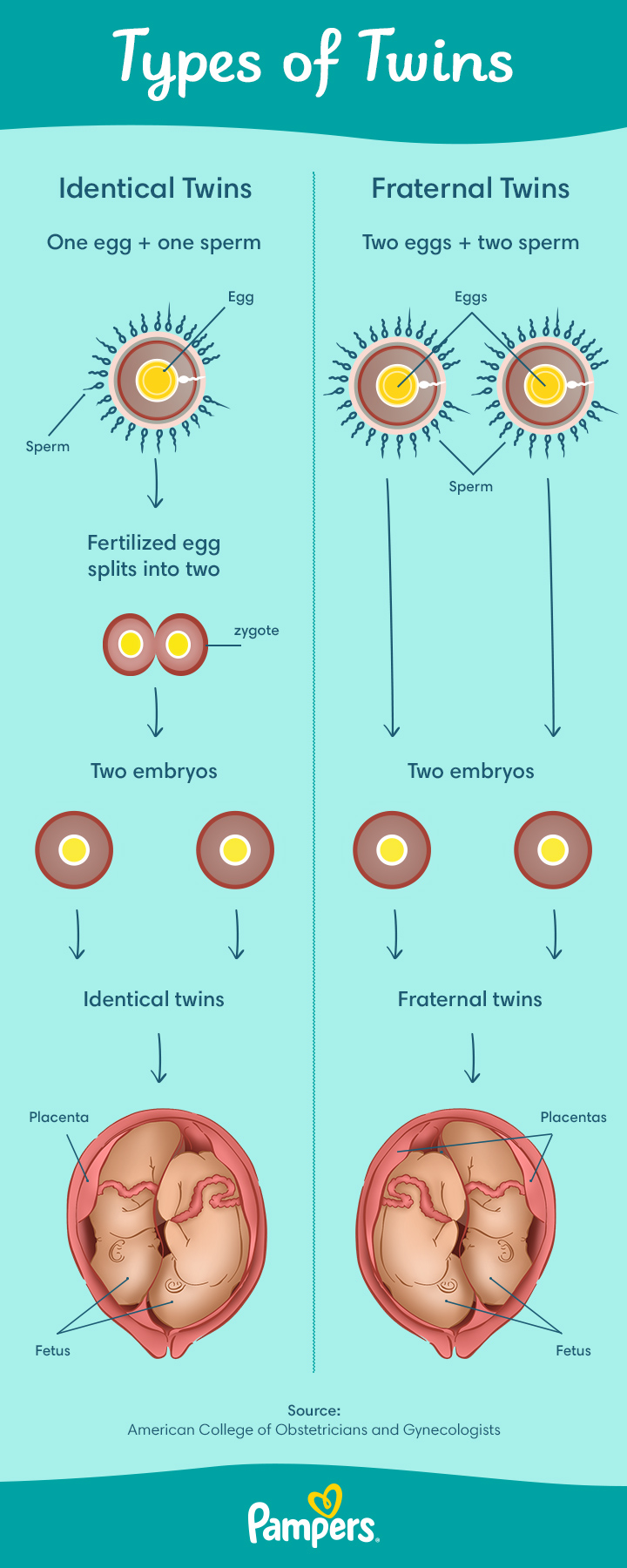
Signs of a Twin Pregnancy
A twin pregnancy is a pregnancy in which a woman carries two or more fetuses. Twin pregnancies are more common than triplet or higher-order pregnancies, and they can occur naturally or as a result of fertility treatments.
There are a number of signs and symptoms that may indicate a twin pregnancy. These include:
- Elevated levels of human chorionic gonadotropin (hCG). hCG is a hormone produced by the placenta during pregnancy. Levels of hCG are typically higher in twin pregnancies than in singleton pregnancies.
- Early and severe morning sickness. Morning sickness is a common symptom of pregnancy, but it is often more severe in twin pregnancies.
- Rapid uterine growth. The uterus typically grows more rapidly in twin pregnancies than in singleton pregnancies.
- Increased fetal movement. Twin pregnancies often result in increased fetal movement, as there are two or more fetuses moving around in the uterus.
- Large fundal height. The fundal height is the measurement from the top of the pubic bone to the top of the uterus. The fundal height is typically larger in twin pregnancies than in singleton pregnancies.
- Polyhydramnios. Polyhydramnios is a condition in which there is an excessive amount of amniotic fluid in the uterus. Polyhydramnios is more common in twin pregnancies than in singleton pregnancies.
- Preeclampsia. Preeclampsia is a condition that is characterized by high blood pressure and protein in the urine. Preeclampsia is more common in twin pregnancies than in singleton pregnancies.
If you are experiencing any of these signs or symptoms, it is important to see your doctor to confirm a twin pregnancy. Your doctor will likely perform an ultrasound to determine the number of fetuses in your uterus.
Risks of a Twin Pregnancy
Twin pregnancies are associated with a number of risks, including:
- Preterm birth. Twin pregnancies are more likely to result in preterm birth than singleton pregnancies. Preterm birth is the birth of a baby before 37 weeks of gestation.
- Low birth weight. Twin pregnancies are more likely to result in low birth weight babies than singleton pregnancies. Low birth weight is defined as a birth weight of less than 2,500 grams (5 pounds, 8 ounces).
- Birth defects. Twin pregnancies are more likely to result in birth defects than singleton pregnancies. Birth defects are structural or functional abnormalities that are present at birth.
- Maternal complications. Twin pregnancies are more likely to result in maternal complications than singleton pregnancies. Maternal complications can include preeclampsia, gestational diabetes, and postpartum hemorrhage.
Management of a Twin Pregnancy
Twin pregnancies require special care and management to ensure the health of the mother and the babies. Your doctor will likely recommend more frequent prenatal appointments, ultrasounds, and blood tests. You may also need to take medication to prevent preterm labor or other complications.
If you are pregnant with twins, it is important to follow your doctor’s instructions carefully and to attend all of your prenatal appointments. By following your doctor’s advice, you can help to ensure a healthy pregnancy and delivery.
Here are some additional tips for managing a twin pregnancy:
- Get plenty of rest. Twin pregnancies can be physically and emotionally demanding, so it is important to get plenty of rest.
- Eat a healthy diet. Eating a healthy diet is important for all pregnant women, but it is especially important for women who are pregnant with twins. Make sure to eat plenty of fruits, vegetables, and whole grains.
- Exercise regularly. Exercise is another important part of a healthy pregnancy. Exercise can help to strengthen your muscles, improve your circulation, and reduce your risk of complications.
- Avoid alcohol and smoking. Alcohol and smoking can both harm your babies, so it is important to avoid them during pregnancy.
- Take prenatal vitamins. Prenatal vitamins are important for all pregnant women, but they are especially important for women who are pregnant with twins. Prenatal vitamins can help to ensure that you and your babies are getting the nutrients you need.
Conclusion
Twin pregnancies can be a challenging but rewarding experience. By following your doctor’s instructions and taking care of yourself, you can help to ensure a healthy pregnancy and delivery.